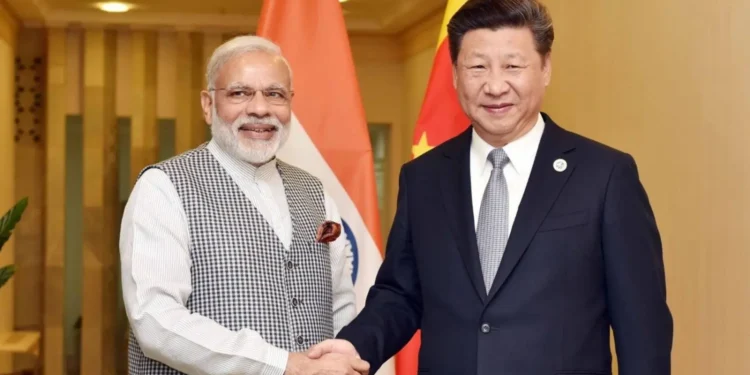Lagatar24 Desk
New Delhi: Chinese Foreign Minister Wang Yi on Friday emphasized that the India-China border issue should not define bilateral relations and called for closer cooperation between the two countries amid rising global tensions, particularly with the United States over trade tariffs.
Speaking at his annual press conference in Beijing, Wang Yi highlighted that Indo-China relations have made positive strides following a successful meeting between Prime Minister Narendra Modi and President Xi Jinping at Kazan in Russia last year.
‘India, China Have Wisdom to Maintain Peace’
“As two ancient civilizations, we have enough wisdom and capability to maintain peace and tranquility in the border areas pending a fair and reasonable solution to the boundary issue,” Wang Yi stated.
He further stressed that specific differences should not overshadow overall ties, stating:
“We should never allow bilateral relations to be defined by the boundary question or let it affect the broader picture of our ties. China believes that as largest neighbors, both countries should be partners in each other’s success.”
Wang also noted that Modi and Xi provided strategic guidance at the Kazan meeting, which led both sides to strengthen exchanges and practical cooperation at all levels, achieving positive outcomes in the past year.
Border Disengagement & Talks to Normalize Relations
These remarks come months after India and China completed disengagement in Depsang and Demchok in Eastern Ladakh, effectively ending the 54-month-long military standoff in the region. The agreement was seen as a major step toward normalization of bilateral ties.
Following this development:
• October 23, 2024: Modi and Xi held talks in Kazan, agreeing to revive multiple dialogue mechanisms.
• December 18, 2024: Ajit Doval and Wang Yi participated in the 23rd Special Representatives (SR) Dialogue in Beijing.
• January 26, 2025: Foreign Secretary Vikram Misri held talks in Beijing with Chinese counterpart Sun Weidongunder the ‘Foreign Secretary-Vice Minister Mechanism’.
China Seeks Joint Opposition to ‘Hegemonism’ Amid US Tariff War
Wang Yi also criticized Western economic dominance, urging India and China to stand together against “hegemonism and power politics” in an apparent reference to the United States’ tariff policies.
“A cooperative partnership between the dragon and the elephant is the only right choice for both sides,” he asserted.
“There is every reason for us to support each other rather than undermine each other. We should work with each other rather than against each other.”
“As important members of the Global South, we have the responsibility to take the lead in opposing hegemonism and power politics,” he added, signaling a joint stance against US trade restrictions.
Jaishankar-Wang Yi Meeting: Strengthening Multilateral Cooperation
Wang’s remarks follow a recent meeting between External Affairs Minister S. Jaishankar and his Chinese counterpart, during which Jaishankar praised India-China cooperation in multilateral forums, particularly in the G20 framework.
The latest statements from Beijing suggest a renewed push for economic and strategic collaboration between the two Asian giants while both navigate geopolitical pressures from the West.







